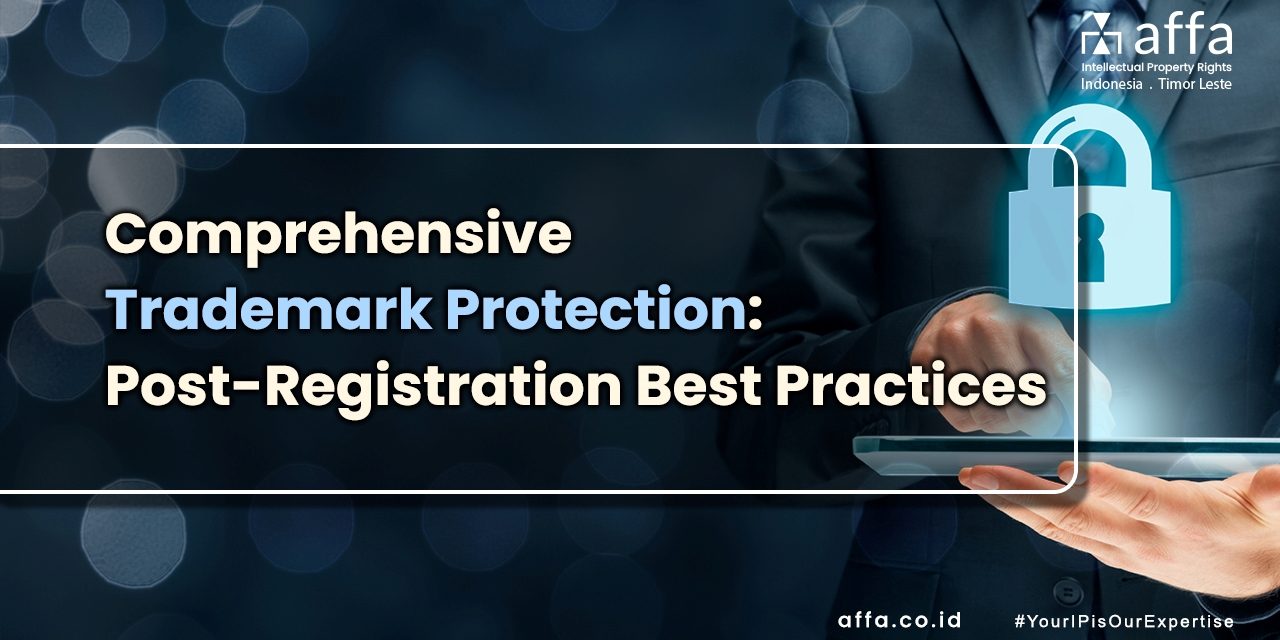Comprehensive Trademark Protection: Post-Registration Best Practices
Even though it has offensive and defensive functions, owning a Trademark Certificate does not necessarily prevent your Trademark from being counterfeited. Moreover, if you are a market leader, there will always be irresponsible parties who want to take advantage of profits badly.
According to data from the Indonesian Anti-Counterfeiting Society (MIAP), losses suffered by producers in 2020 from counterfeit goods have reached IDR 290 trillion. Most counterfeiting comes from software and cosmetic products, resulting in state tax losses of up to hundreds of billions of Rupiah. This high rate of counterfeiting is expected in developing countries because of the “impulsive consumerism” nature of the people who want to own branded goods but are not supported by an adequate budget. And then, buying fake goods is an option, and the important thing is that they are similar and can be worn stylishly.
With a registered Trademark, you can take legal enforcement efforts by issuing a direct warning or sending a legal notice with the help of a trusted Trademark Consultant. Suppose there is still no response from the violator. In that case, you can escalate it to the police for further efforts by including initial evidence (where the counterfeit product was sold and who the reported party is). The police will then ask for an expert opinion (Trademark Examiner from Trademark Office/ DGIP). After a follow-up from the expert, the action can be continued with the prosecution, namely confiscation, as well as criminal sanctions of fines and/or imprisonment of 4-5 years. However, most of these Trademark Infringement cases can be resolved outside court, where the guilty party pays compensation and withdraws the product from the market.
However, you must ensure that you have protected your Trademark by carrying out the following comprehensive protection:
1. Apply Registration in All Relevant Classes
If you have registered your coffee shop in the restaurant class and you also sell coffee drinks or coffee beans that can be purchased separately, you must also register your Trademark in the class that can protect these products. Because you want to avoid that in the future, there will be other parties who are famous for selling coffee drink products that should only be purchased at your coffee shop, right?
2. Register Your Logo as a Trademark
If your business has a logo that can make it more unique and well-known in the market, then there is no need to delay its registration as a Trademark. If necessary, also register it with the colors you use so you can carry out subsequent protection strategies.
3. Increase Your Consumer Awareness
In the era of social media, marketing your products and making consumers aware of your product’s presence has become more accessible. For this reason, you can carry out a series of education. Start by explaining what your logo looks like and its meaning, including the consequences if someone fakes it and branding efforts by telling how your products and/or services prioritize quality and can only be obtained through official/specific distribution channels. In this way, consumers will buy the original one for the sake of quality rather than buying a fake one, which will cause many future losses.
Should you have questions or need other information regarding Trademark registration in Indonesia and abroad, please get in touch with us via [email protected]
Source:







